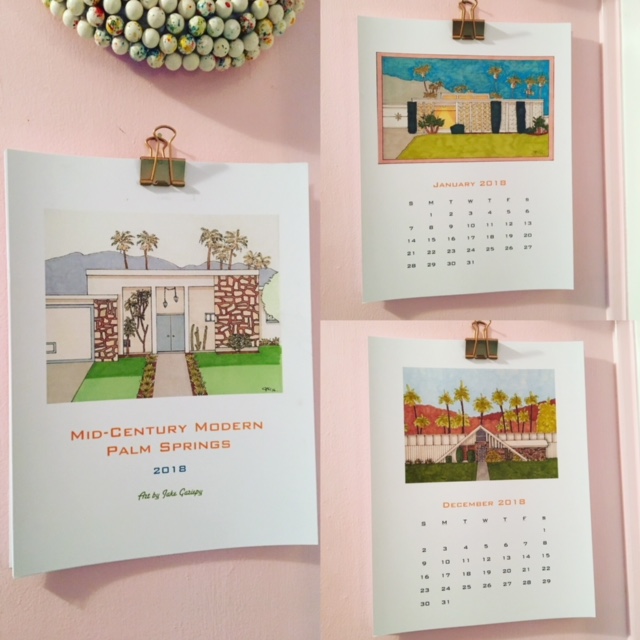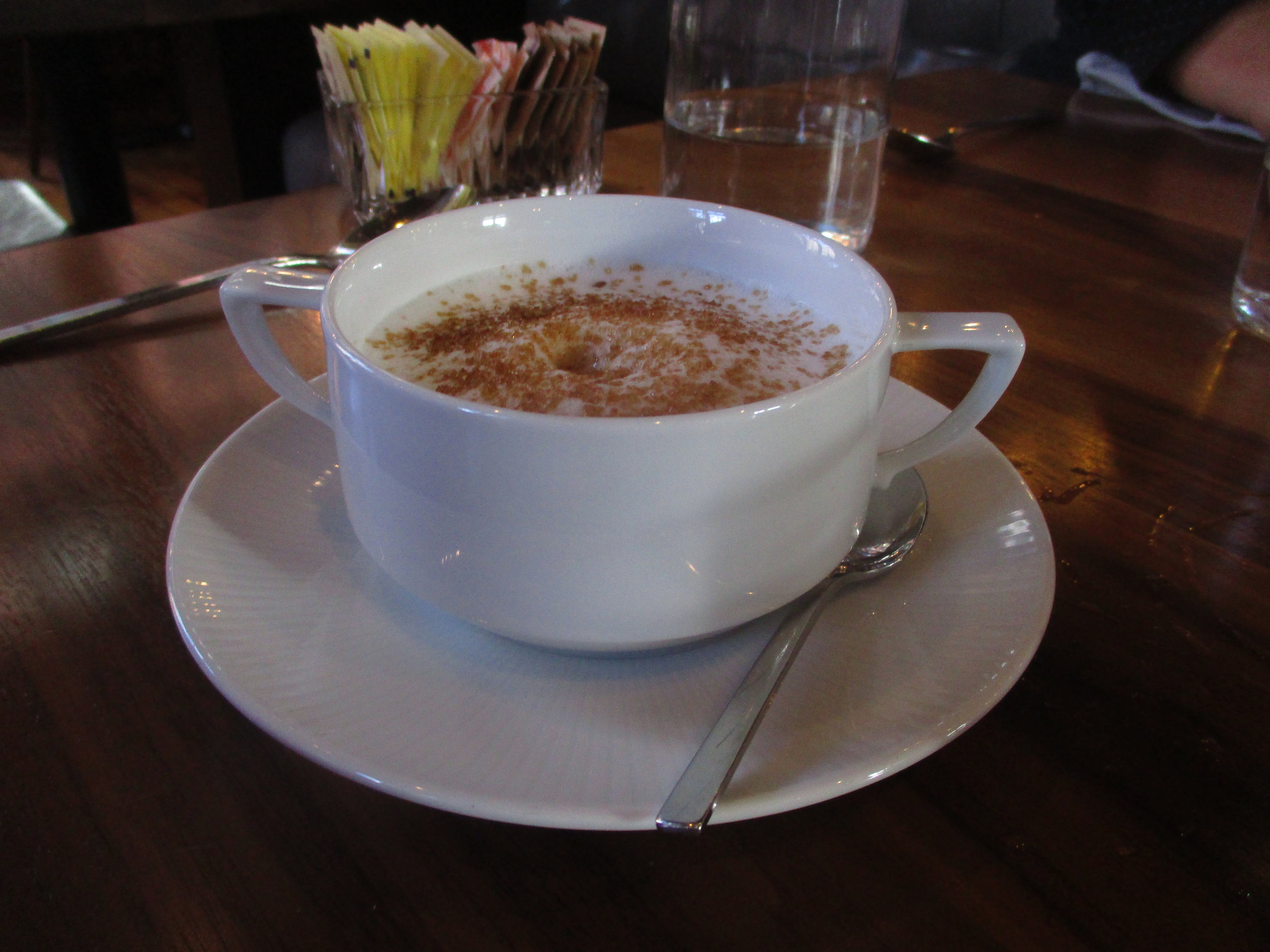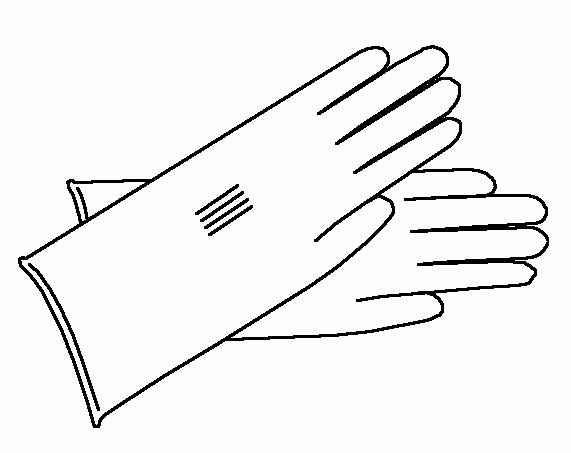To celebrate the February 22 birthday of the Father of Our Country, Etiquetteer returned to George Washington's own books of manners, George Washington's Rules of Civility & Decent Behaviour in Company and Conversation. While Etiquetteer has discoursed on this subject before, to refresh Washington's rules for the 21st century, this time it was worth reviewing to see what no longer applies to Perfect Propriety in daily life.
Take two rules that have to do with hats - how they're doffed to show respect, and then replaced. No. 26 reads "In pulling off your hat to persons of distinction, as noblemen, justices, churchmen, &c, make a reverence, bowing more or less according to the custom of the better bred . . . " Aside from Sondheim's famous observation in Company ("Does anyone really still wear a hat?"), "persons of distinction" today no longer appear to consider such gestures important, nor would others understand them. No. 27 is all about who can direct people to put their hats back on, and when. Really people, we have so moved on from that.
Hats pop up again in No. 85: "In company of those of higher quality than yourself, speak not until you are asked a question, then stand upright, put on your hat [emphasis Etiquetteer's], & answer in few words." That would be a curious ceremony indeed today!
Then there's a whole slew of rules about precedence - how to give place to those "in dignity or in office" - in speech, in one's home, and even on the street, as in No. 30: "In walking, the highest place in most countries seems to be on the right hand, therefore, place yourself on the left of him whom you desire to honour; but if three walk together, the mid place is the most honorable; the wall is usually give to the most worthy if two walk together." Precedence in the 21st century has become so much simpler: it's by age and, in the workplace, rank (regardless of gender). And besides, none of this takes into account on which side someone's deaf ear might be.
Etiquetteer will conclude with No. 40, "Strive not with your superiors in argument, but always submit your judgment to others with modesty." Umm . . . no. While it's important to know when you've lost, Etiquetteer would encourage citizens to continue to, as the phrase is today, "speak Truth to Power." The trick, of course is to do so in such a way that one's points are heard, absorbed, and given due consideration. That is not always done best with "striving," but with subtlety.
One might think, reading this, that all Washington's maxims were out of date, but not so! The wisdom and consideration of Washington continues to be relevant to 21st century behavior.
Etiquetteer would like to wish you a Perfectly Proper Washington's birthday. Drink something with a cherry in it to celebrate.

























